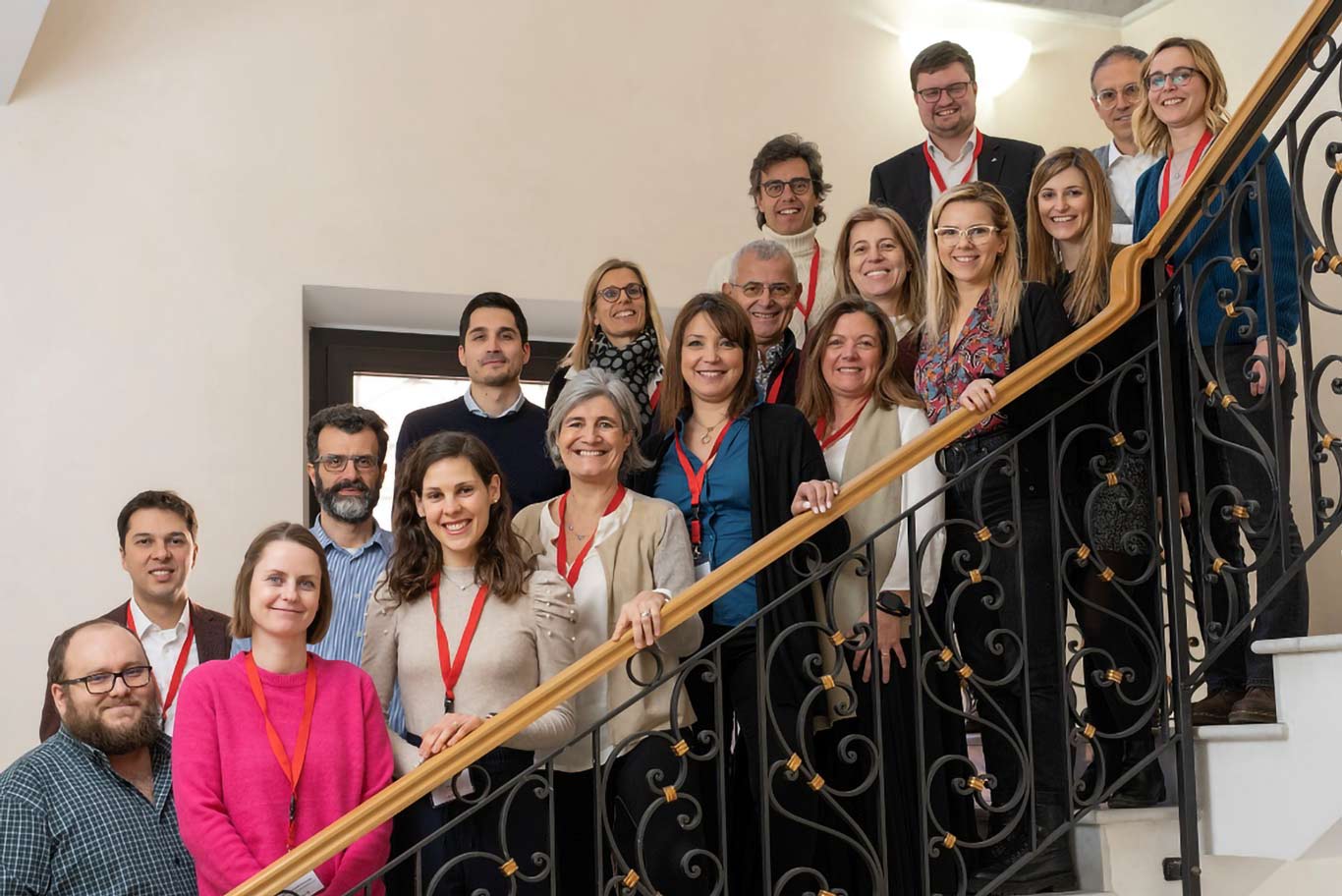Boosting cybersecurity skills
EU project “CYRUS” kick-off in Rome
CYRUS is a research and innovation programme dedicated to enhancing cybersecurity skills across the transportation and manufacturing sectors. It was kicked off with a meeting in Rome 30 and 31 January 2023, where eleven partners from nine EU countries met. They are working together for three years to propose a novel training programme and to develop a cybersecurity innovation DNA. The project has received funding under the European Union’s DIGITAL-2022-TRAINING-02 programme.
The digital revolution dramatically changes the world through developments such as digitalisation, automation, the Internet of Things or Big Data. Increased vulnerability to cybersecurity attacks with incalculable consequences are a risk that poses considerable challenges to companies.
To tackle these challenges especially in the transportation and manufacturing sectors, CYRUS aims to raise awareness for cybersecurity, and to enhance the workforce’s know-how to respond to cyberattacks and mitigate them.

The CYRUS contribution to the Digital Europe Programme objectives
Digitalisation has reached the majority of employees in transport and manufacturing. Thus, cybersecurity has become a shared problem throughout an organisation which does not only involve IT specialists, but nearly all employees, who need to be trained accordingly.
CYRUS’ approach aims to identify the differences in needs and skills associated with different roles such as general staff, IT personnel, managers, etc., and develop training pathways tailored to the competencies that the trainees already have and need to acquire.
The methodology
With a three-step approach, the CYRUS project team develops a novel training framework:
- Analysing the existing cybersecurity skills, competencies, training needs and skill gaps of the different roles in a company throughout the transportation and manufacturing sectors.
- Designing and developing short-term training courses tailored to the identified needs to acquire the technical and soft skills to identify and mitigate cybersecurity risks.
- Iteratively validating the short-term training courses, involving SMEs, professional associations and training providers.
The kick-off served to familiarise everybody with the project details and set the plans of how to move forward. The project partners are looking back at two inspiring days in Rome and forward to working on this project!





